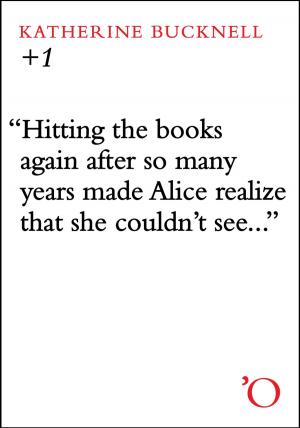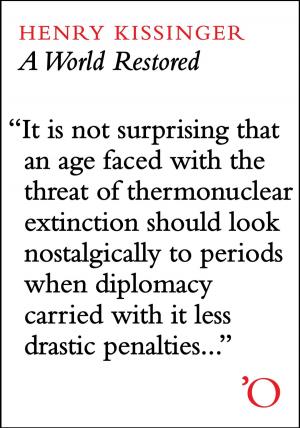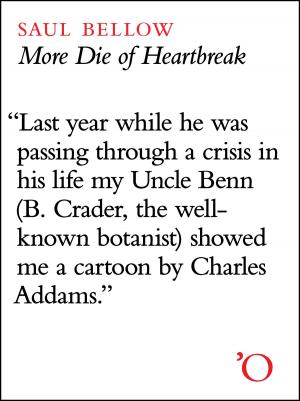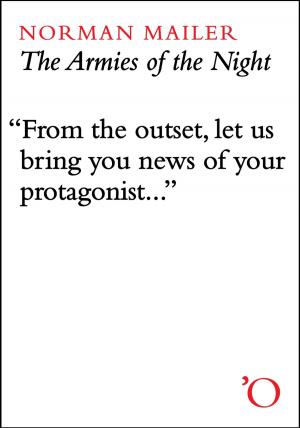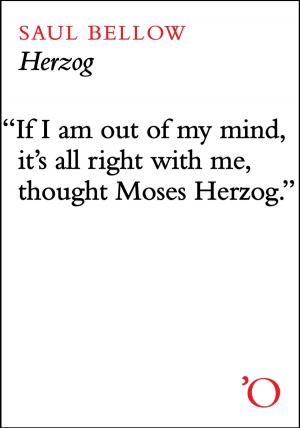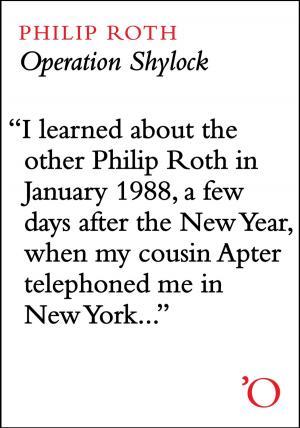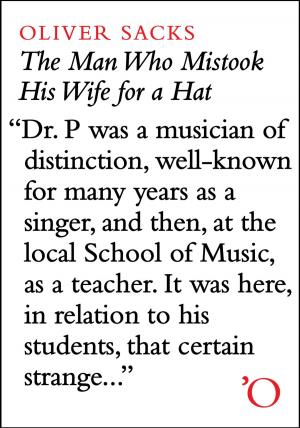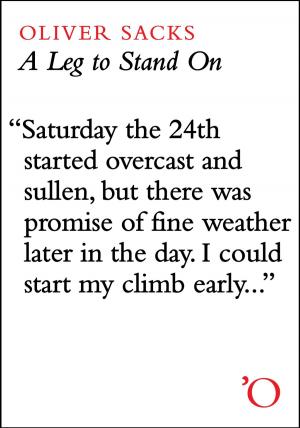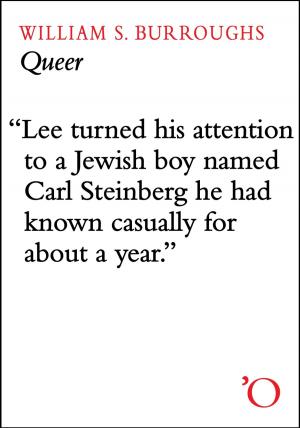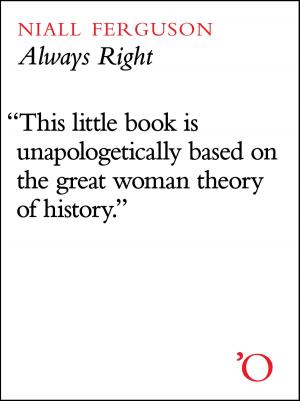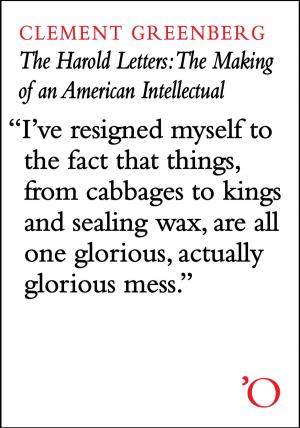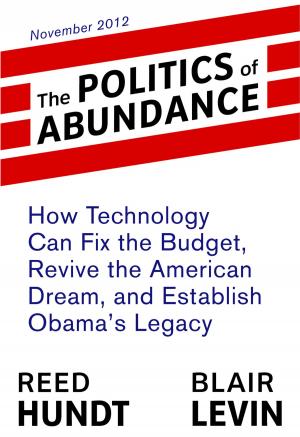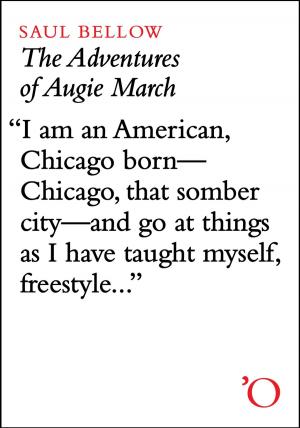It All Adds Up
From the Dim Past to the Uncertain Future
Fiction & Literature, Literary Theory & Criticism| Author: | Saul Bellow | ISBN: | 9781623730338 |
| Publisher: | Odyssey Editions | Publication: | May 3, 2016 |
| Imprint: | Odyssey Editions | Language: | English |
| Author: | Saul Bellow |
| ISBN: | 9781623730338 |
| Publisher: | Odyssey Editions |
| Publication: | May 3, 2016 |
| Imprint: | Odyssey Editions |
| Language: | English |
In this collection of more than thirty essays, published in The New York Times, Esquire and The New Republic, the vast range of Saul Bellow’s nonfiction is made abundantly clear. In Bellow’s capable hands, a single essay can range fluidly across topics as various as the talents of President Roosevelt, the economic narrative of Jay Gatsby, and childhood adventures in Chicago. In this rich mix of literary, political, and personal musings, Bellow is able to explore subjects as enormous as the writer’s search for truth, and as minute as the discomforts of a French doctors’ office. Traveling from Washington to Spain to the Sinai Peninsula, and profiling friends and characters such as John Cheever and John Berryman, Bellow is keenly focused and perceptive. These pages, spanning a lifetime of thought and debate, present provocative arguments and erudite literary criticism, all with the wry humor of a great storyteller. In It All Adds Up, Bellow turns his view away from the sparkling characters of his novels, and towards the conditions and qualities of his own experience of writing and living.
In this collection of more than thirty essays, published in The New York Times, Esquire and The New Republic, the vast range of Saul Bellow’s nonfiction is made abundantly clear. In Bellow’s capable hands, a single essay can range fluidly across topics as various as the talents of President Roosevelt, the economic narrative of Jay Gatsby, and childhood adventures in Chicago. In this rich mix of literary, political, and personal musings, Bellow is able to explore subjects as enormous as the writer’s search for truth, and as minute as the discomforts of a French doctors’ office. Traveling from Washington to Spain to the Sinai Peninsula, and profiling friends and characters such as John Cheever and John Berryman, Bellow is keenly focused and perceptive. These pages, spanning a lifetime of thought and debate, present provocative arguments and erudite literary criticism, all with the wry humor of a great storyteller. In It All Adds Up, Bellow turns his view away from the sparkling characters of his novels, and towards the conditions and qualities of his own experience of writing and living.

